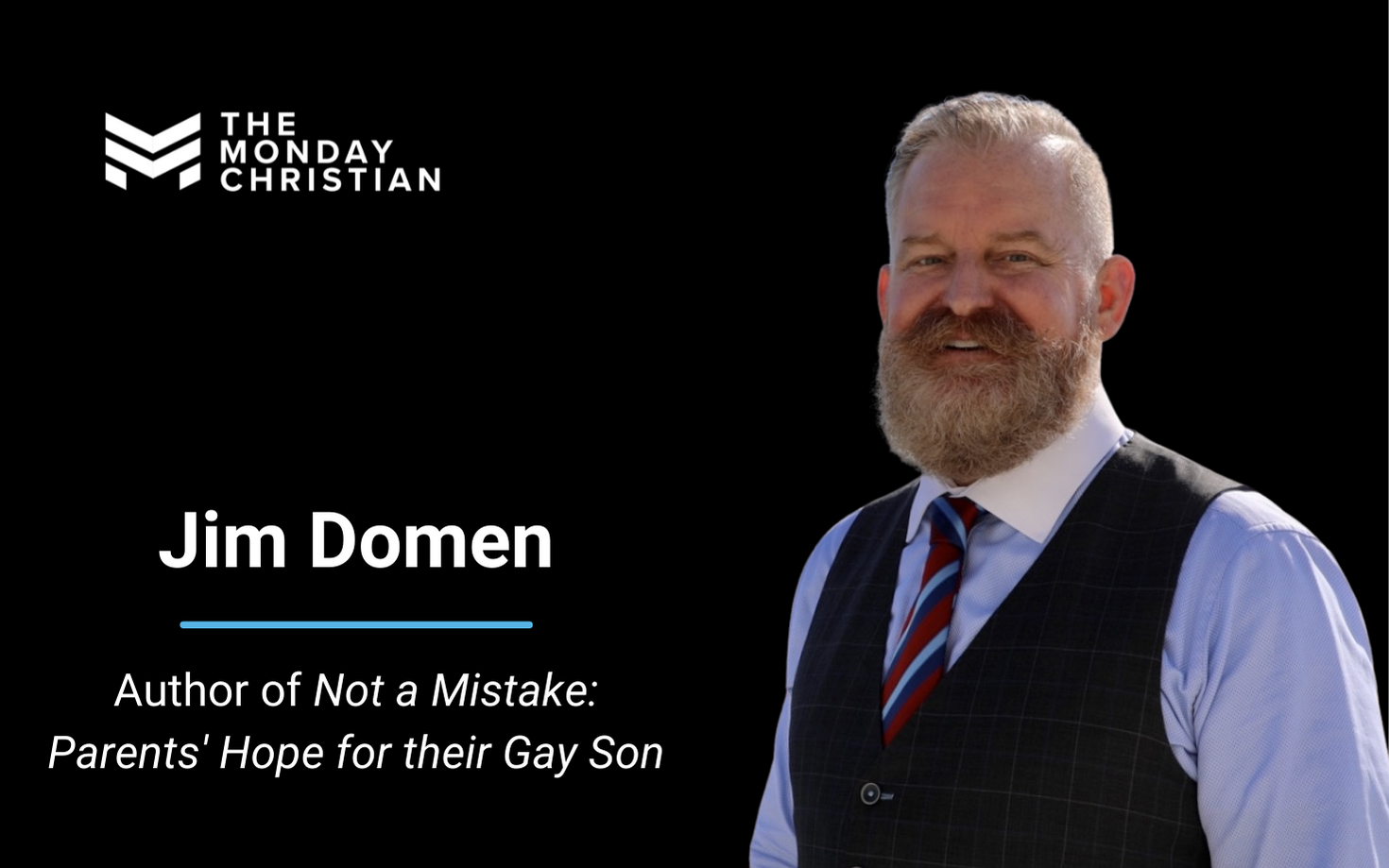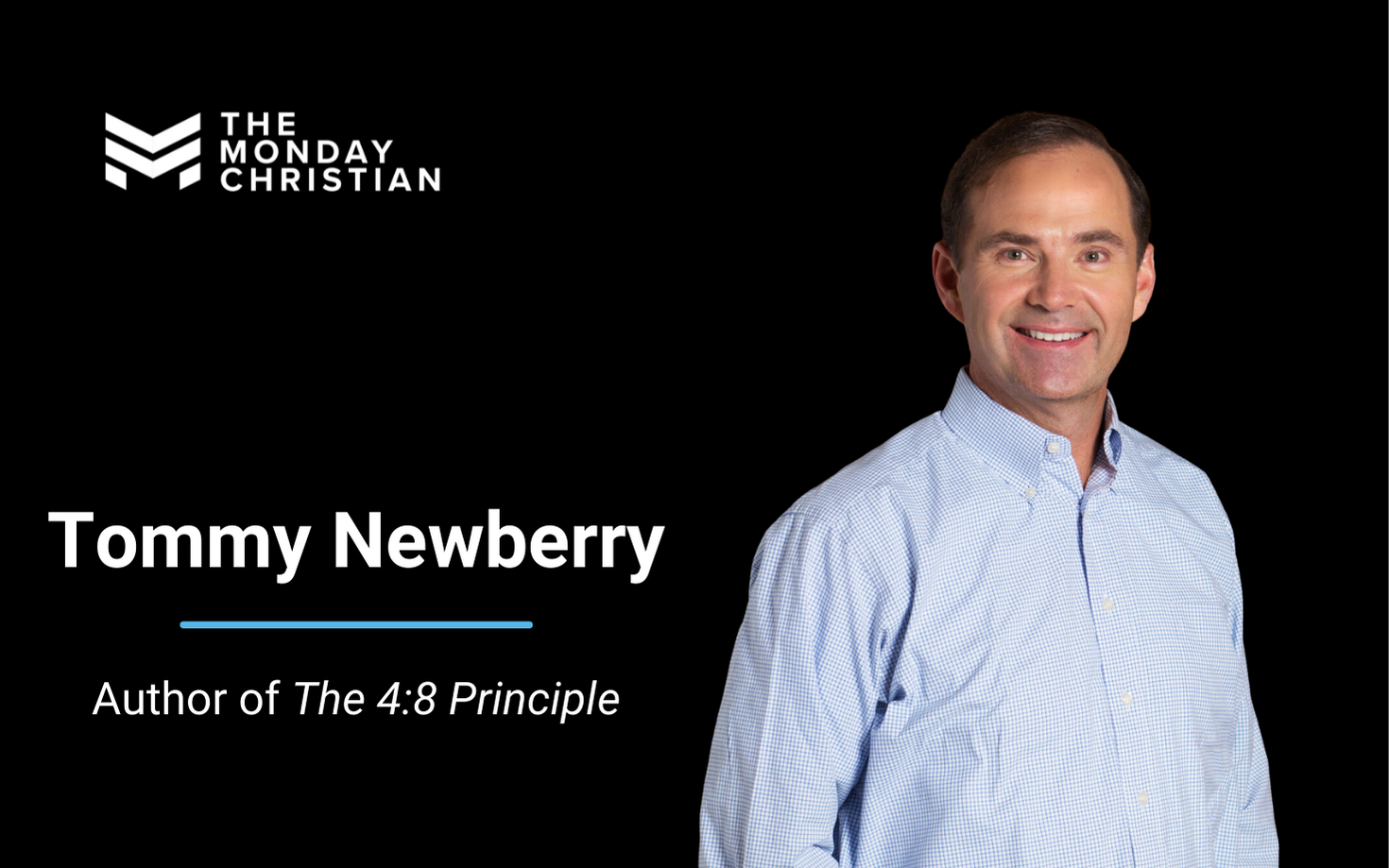My Journey of Becoming Less Racist and Some Personal Thoughts Following the Death of Ahmaud Arbery.

Like many in our nation, I was sickened to hear about the shooting of Ahmed Arbery. An innocent black man senselessly gunned down, all while he was out for a jog.
Racism exists. The question then becomes, what can we as Christians do about it? What is a Christlike response?
First, it’s important to note that we are all racists to some degree. Let me explain. Oxford defines racism as: “Prejudice, discrimination, or antagonism directed against someone of a different race based on the belief that one’s own race is superior.”
By this definition, every person I have known for any period of time, myself included, has exhibited forms of racism. There have been times in the past and there will likely be times in the future when I show some form of discrimination against another person because I view myself as superior to them. It’s called self-centeredness and it’s why Christ had to die on the cross.
There are three primary levels of racism that I notice. Let’s look at these and then some steps we can take to make a difference.
Level 1: Racism from Ignorance
When I was a kid, I remember telling racist jokes about black people. One of them was pretty terrible. Was it because I had anything against people of color? No. I had no friends who were black. I was just ignorant. Some of my friends told jokes, I thought they were funny, so I repeated them.
Other examples of ignorance are what some might consider harmless clichés that are actually harmful. Statements like, “I have lots of black friends” or “I don’t see color” are some of the more obvious violations, but there are many others.
One of the writers I follow is author Jerry Jenkins. Some time back he shared a story on his blog of an interaction he had with a black janitor at his school when he was in college (this would have been back around the 60’s). Walking by, he noticed this man doing a menial task. I think it was painting a wall. As he passed where this man was working, he remarked to the older black gentleman something like, “Great job! That’s looking good!” He meant it as a compliment.
The older man paused what he was doing, pulled him aside and asked Jerry if he would have made the same comment if he had been an older white man. Embarrassed, Jerry realized his mistake and it was something that would stick with him for the rest of his life. His intent was to be kind, but his actions actually held a high degree of superiority. He was a college kid, complimenting an older gentleman (someone who probably did not want to be doing what he was doing) for painting a wall.
I have remembered this story often. It teaches me that racism is not defined solely on intent but on how an action or word is received. Just because I do not feel I am being racist does not mean I am excused. Example: Numerous Christians have made statements that go something like this: “Well, I know the shooting of Ahmed Arbery was bad, but…” and then go on to make an argument for how he was also in the wrong.” This is sickening and incredibly hurtful.
Level 2: Self-Serving Racism
Self-serving racism is not in your face, but it is there. In Toronto, I saw this exhibited in many ways. Living on the east side of the city that had previously been a predominate white neighbourhood, some of the older locals expressed disdain for how the city had “changed for the worse.” The insinuation was everything was great before foreigners came and messed everything up.
In many of the ethnic churches that existed, racism abounded in different forms. One group of people, even if they were from the same nation, might have a fraction with another group because they came from the more “uncivilized” part of the country.
In Idaho, sadly, I see discrimination against Hispanics. Literally dozens of times in gas stations and when I am out and about, I have heard negative underlying comments. One that sticks out in my mind was when we were at a place of business that had experienced a recent burglary. The owner snidely commented that the break-in couldn’t have been committed by one of her workers, not because they were so honest, but because they were Mexican and wouldn’t have been smart enough to have pulled something like this off.
Each time I hear a racist comment, something in me breaks. My mind drifts to John 1:46 and this reference to Jesus’ place of birth, “Can anything good come out of Nazareth?”
Many times, I think we believe we have progressed beyond the bigotry Jesus experienced in his day. We want to think we would have recognized and accepted Christ as Messiah. But would we? Nazareth? That place with the people who talk a bit funny, have 14 kids (all homeschooled), and break all the norms of cultural civilization? It’s doubtful.
Thought: It’s pretty hard to say we would accept Jesus from Nazareth if we have a hard time accepting Fernando from Mexico or Demarcus from a black community.
Passive racism isn’t as much intended to tear another person down as it is focused on elevating ourselves. It’s making a jab, a tiny undercut with the intention of saying, “I am superior.” It’s the subtle statements and eye rolls done with the purpose of creating a line in the sand – us and them.
Level 3: Intentional Racism
This is white supremacy and all other versions of racism that take on a similar shape. Evil.
I make these three levels of distinction because when it comes to racism I think our minds only gravitate to level three and we say to ourselves, “Well, I’m not that!” But are we a level one or do we flirt with level two?
My Journey
Okay, my story. As the years have progressed, I feel God has significantly changed the way I view race, three of which I’ll share.
The first was my family’s move from northern Ontario, Canada to Cincinnati, Ohio when I was 15. I went from virtually an all-white community to living on a street in a mostly black neighborhood. During the next several years, I volunteered in an inner-city black church, while at the same time working in an all-white teen center in Dayton, Kentucky (I remember bringing both groups together for a basketball game. The cops had to come!). It wasn’t until I began living life with and developing black friends that I realized the racism I held inside. Subtly, I viewed myself as superior. My music was better, my way of life was better, my hobbies were better, my friends were better. But again, it was the conversations that changed me. I realized there is such a thing as bad cops, that there is a reason Republicans weren’t popular among most blacks, and that there are still places where your skin color does make a difference in employment. It humbled me.
The second example was not long after I had moved to Toronto. I remember making a Facebook post that had to do with race. One of my “friends” on Facebook left a comment that I would define as a high level 1, perhaps level 2 racist statement. I said nothing. Why? I didn’t want to raise a stink. I didn’t want to be seen as judgmental or as a “social media police.” Only one problem, one of my black friends saw this as well and saw I said nothing. I realized that my silence was hurtful. And at that moment, God began to do a gut check in my own life. Why did I say nothing? Why was I silent? Bottom line: I didn’t think the issue was important enough. Ouch. I vowed to never make that mistake again.
Third was the overall way God shaped me during our five years in Toronto. The area we lived was kind of a new immigrant hotbed with people from virtually all continents of the globe converging into a massive mosaic. Many were poor, with few to no connections. Very quickly my Western white privilege (Yes, I said it) kicked into gear. In my mind, I was there to help. The problem is when you place yourself in a position where you are doing all the helping, you almost cannot help but take on a feeling of superiority. Then………I started to listen. I listened to the young mom from Nigeria who fled the country with her two twins under two years of age. Her husband had recently passed away and because of his death people in her community felt she needed to die as well. I talked to another Nigerian mom who had to leave behind her husband and come to Canada. Why? Her young son had a disease that made him shake and have minor convulsions. People in her community thought he was demon possessed and wanted to put him to death. I talked to my friend Alban, who moved with his family from Albania because of some difficult challenges. I watched as he said goodbye to all he had and said hello to a new world, all in an effort to provide for his family. He taught me so much. I realized they needed to be my teachers, and not the other way around.
In North American society, there is an unspoken pecking order. It’s hard not to fall into James 2 territory and show someone more respect if they drive a sweet car and own a nice home. But the gospel calls us to do the opposite. We are commanded to have a love for others that extends beyond the boundaries that race, culture, or income levels would seek to erect. We are blessed when we show love for others who may never return the favor.
Last year I started my doctoral program and am working on a PhD in Philosophy. The focus? Multiethnic church planting. My job is to interview roughly sixty pastors and church leaders of multiethnic congregations and hopefully come up with something my dissertation committee says is okay. 🙂 This research has challenged my thoughts on race and here are four ways I believe we can improve the way we view people from different cultural backgrounds.
First, do some self-evaluation.
Do some soul searching and ask yourself an honest question you are willing to answer. Is there any race or group of people you view as inferior? Another way of putting this is, “If Jesus came from this group of people, would you find it hard to accept him?” When was the last time you had someone from another background in your home for a meal? How many real friends do you have from a minority background? When was the last time you intentionally changed the way you treated people of another race? Do you make it a practice to avoid any particular group of people? Just some thoughts!
Second, take the opportunity to sit and listen.
Speaking my mind comes naturally! I am constantly reminded of that “God gave you two ears and one mouth for a reason” statement.
Speaking is easier than listening. It’s easy to walk into a room and allow our nerves to do the talking. We don’t want uncomfortable silence and so we talk or fill the void with noise. But what would happen if we placed ourselves in a position to listen, rather than speak? What if we made the effort to grab a coffee with someone with the expressed purpose of learning more about them and their culture? Try it. It’s fun!
Third, give up the driver’s seat.
If we are the predominate race in a society, we are in the driver’s seat. We didn’t ask to sit there, but there we sit none-the-less. Think back to the last time you walked into a room full of people you did not know who all knew each other. Unless you are super intentional, it’s tough to ever break into that group unless someone opens the door.
We need to be door openers whenever and wherever possible. We need to be people who speak up and give a voice for those who might be marginalized by society. Sometimes this is a white person speaking up for a black. Other times it is a black person speaking up for a white.
Fourth, strive to understand.
In doing my doctoral research on multiethnic church planting, the question sometimes asked is, “Who cares?” What advantage is there to having friends of multiethnic backgrounds or having a church that has a variety of cultures? In doing my interviews with pastors, one point I am noticing is that pastoring a multiethnic church is not easy and presents many challenges. There is much greater opportunity for miscommunication. So why is striving to diversify ourselves helpful? It is for this reason. Because in doing so we not only broaden our own understanding of God’s creation, but we also develop a fresh perspective of God.
People from eastern countries view the words of Scripture differently than people from the west. If we have no friends from the east, we miss this beauty and potentially some of the rich glory of God. Churches with only one race present are a bit like an extended men’s conference. At first, it might seem great (if you’re a guy). You can talk about things guys care about and do things that guys love to do…but for men like me that would get real old real fast. (Personally, I think conversations with women are way more fascinating than with another man. Janan teaches me so much!)
Final thought: Love wins the day
I write this post not from a heart of judgement. It’s a difficult topic because on one hand, I get angry with people on social media or other platforms that make racially charged statements. I’m tempted to banish them forever into my non-friends list! But then I remember my journey, my shortcomings, the times I’ve messed up and been a jerk. It’s humbling.
Grace…more grace. Ah, I love that word.
After reading this post, you might be feeling guilty (like I have many times) for the ways you have treated others. Here is some encouragement! As much as intentions do not solve everything, they still matter. Repeatedly, friends of different backgrounds have told me stories about how they sat in a room with someone who was ignorant of their culture and stepped on every cultural landmine in sight…but they had a love that was authentic. And at the end of the day, that love won out. Love doesn’t call for perfect understanding. It calls for a desire to understand. As Augustine has famously said, “Love is the alignment of the will to be one with someone or something.” It’s saying, Yes, they are different, but I want to learn. I want to have the highest relationship with them possible.
This is so encouraging for me to remember. Racism from ignorance is virtually unavoidable if we interact much with other cultures. But it is how we react when fresh light is given to us that makes the difference. When that friend says, “Hey, what you said was actually offensive,” and you take it to heart.
This ties into the role the Holy Spirit plays in our lives. The beauty of walking in step with the Spirit is that he is faithful to speak to us and convict us of sin. If we stay sensitive to the voice of God in our lives, we will welcome feedback from others. We will seek it out.
The nuances of the great command can be challenging, but at the end of the day it comes back to the basics. Love God, love others. That’s it. Starting with this foundation makes all the difference.




Comments ()